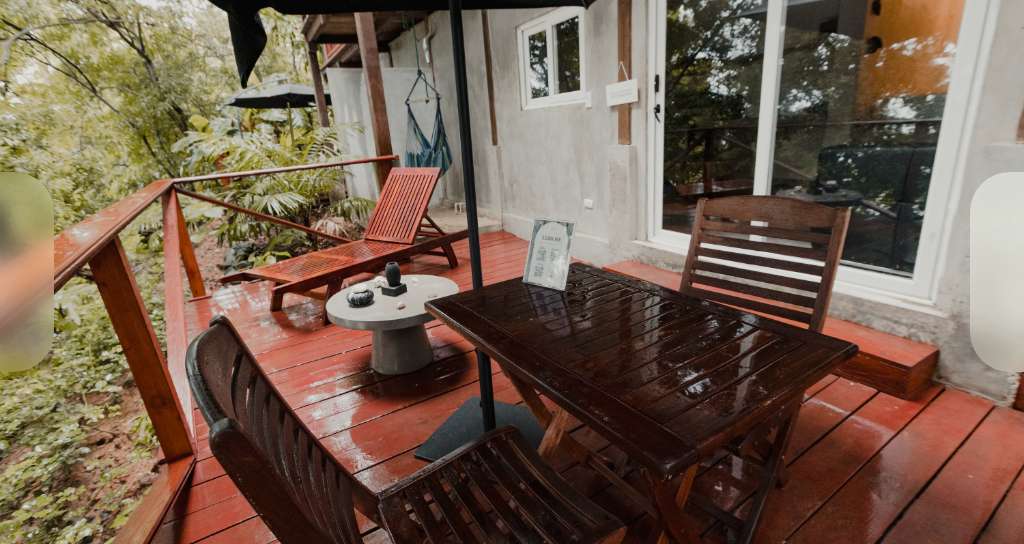Sustainable tourism, responsible tourism or even slow tourism, are terms that today remain very vague even for professional tourists. Therefore, it is difficult for travelers to know how to behave in order to be a responsible tourist.
In this article we want to share with you some practices that you can apply during your vacations to be a “responsible traveler”. Therefore, we have listed some simple actions and behaviors for you to put into practice during your next visit.
Air Pollution.
The biggest impact we cause on the environment when traveling is air pollution. Either when we use an airplane or too much fuel to transport us to our destination. That’s why we give you some tips for you to apply and reduce your carbon footprint:
- Use the train if you have other means of transportation available. Trains are less polluting than airplanes. You can also enjoy the diversity of landscapes.
- Consider carpooling, whether you have a car or are a commuter. This mode of transport is above all inexpensive. There is something for everyone while minimizing the cost of travel. Carpooling is the open door to discussions and meetings. And having company on a long or short trip is always good.


In order to be a responsible traveler. Some essential things are to be adopted:
- Don’t plan to take home souvenirs from natural sites such as protected natural species.
- In protected areas, stay on marked trails and go only to areas open to visitors.
- Stay at a reasonable distance to observe wild animals and do not touch them, for your own safety and theirs.
- Respect the regulations in force in natural parks and other protected areas, they exist for the adequate development of the park.
Reduce waste
Don’t throw waste on the street, make it a habit to carry a bag or a backpack with you where you can put your waste and then throw it in the trash properly. Keep in mind that some countries do not have waste collection systems and that is why we as responsible tourists must be the cause of a positive effect on the environment.
By doing this you will also set an example and raise awareness of the local populations.
Another very important point is to use reusable products instead of disposable ones and as far as possible limit the consumption of water and energy. For example by taking shorter showers or making sure to turn off the lights when leaving a room.
In the hotel, always remember to turn off the air conditioning or heating when leaving the room and be very careful with your waste. These small steps will play a vital role in the development and preservation of the place you visited.

Prefer trips close to home
Visiting a place close to your home reduces travel and therefore the associated ecological footprint. Furthermore, you participate in the economic development of your region and support local crafts and producers.
Choose professionals involved
In case of not traveling near you, try to choose professionals involved in ecotourism. Airlines, travel agencies or tour operators currently offer eco-tourism. Choose an eco-tourism company and strictly follow the guidelines. Try to focus on local guides who know the region well.
Find authentic and ecological accommodation
To be a responsible tourist, we generally try to differentiate ourselves from “classic” tourists going to original places to avoid mass tourism. Then we are attracted to unusual accommodations like tree houses, igloos, caravans with dry toilets.
Honor your Host
Once there, it will be important to taste the local cuisine and honor your hosts and their traditions. Beyond respectful behavior, it is also an opportunity to interact with the locals, meet great people, and travel in a more authentic way. Once again, by responsible tourist we also understand ethics and solidarity.

Now that you are more informed, you can understand that being a responsible tourist is a global behavior that involves organizing your daily life by buying local, seasonal, organic and fair trade products. Respecting the environment, transmitting your teachings and honoring the local communities you visit.
It is very important that you share your travel experiences with others and also instill in them those sacred values of the conscientious tourist. We learn by teaching others and being consistent in our practice.


















































